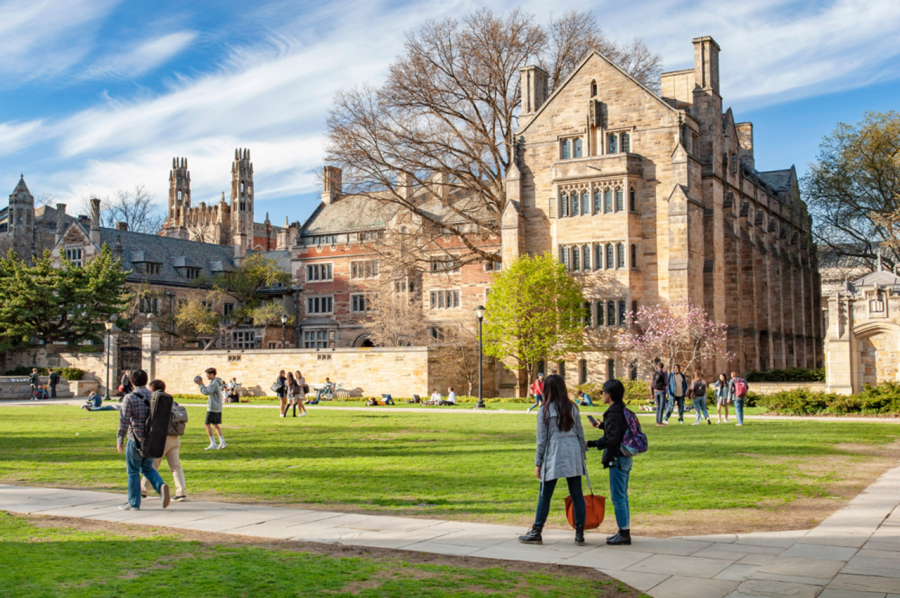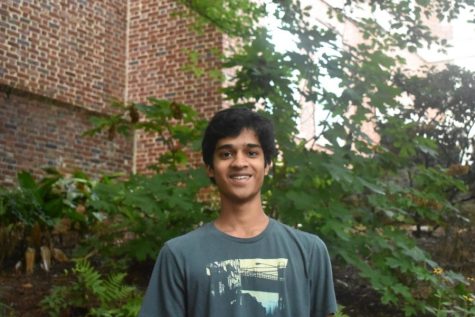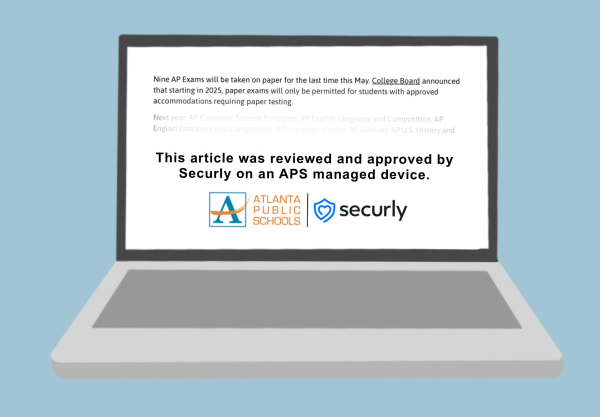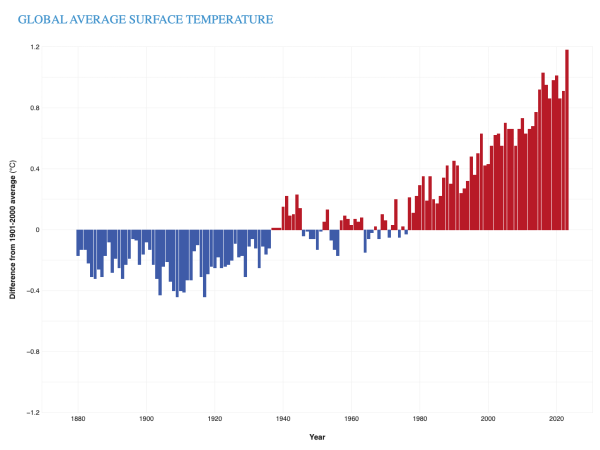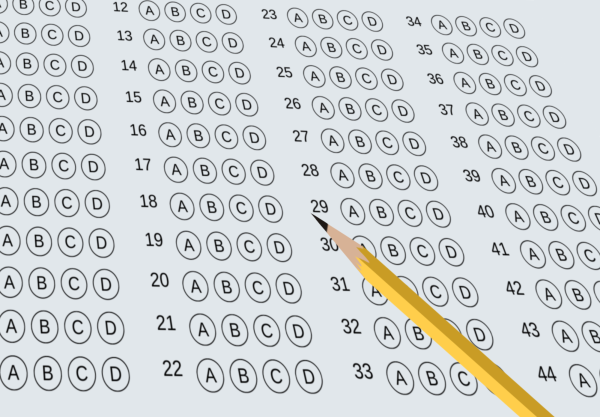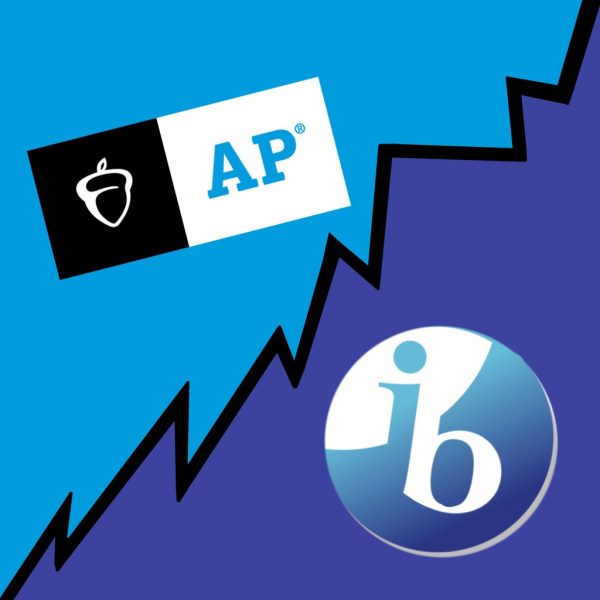College admissions process unfair, needs revision
Currently, there is increasing pressure on students to attend top national colleges such as Yale University. As a result, many services have jumped on the opportunity to make a profit by providing an array of different “college-help” services, however, these services only confuse students more with each having their own method they say is best.
November 22, 2022
An SAT/ACT, the overly-complicated Common Application, a plethora of AP tests, two to three supplemental essays per college, and on top of all that, a 70 dollar application fee. These are just a few of the dozens of requirements it now takes to apply to college, let alone be accepted to one of these institutions with lower acceptance rates than ever. However, at the same time, the circus around college admissions continues to grow, with more and more parents putting increasing amounts of stress on their children to attend an Ivy-League or adjacent university.
Currently, the college admissions process has become too complicated and is fundamentally broken, providing an unfair advantage to some kids in the race for increasingly coveted spots at universities nationwide. As a result, these universities must take significant steps to fix these issues before it is too late.
Much of the anxiety among applicants is about how to present themselves to a college and pack all of their achievements from the past 4 years into one Common Application and various essays. This confusion stems from the fact that each college has a different mission statement, and is looking for different types of students. For example, big state college systems such as SUNY (State Universities of New York) have a mission statement of “providing to the people of New York educational services of the highest quality, with the broadest possible access, fully representative of all segments of the population.” On the other hand, there are elite national institutions such as Yale, which have a mission statement to “seek exceptionally promising students of all backgrounds from across the nation and around the world and to educate them.”
One of these universities is looking to have a representative population of students from their state and give opportunities to these students, while the other is looking for the most elite students from all over the country. As a result, each will have different admissions criteria which they select students based on. This difference in criteria from college-to-college furthers the confusion among students, with many not knowing how to position themselves to get into college and end up feeling stuck.
Sensing this anxiety among students, websites such as College Confidential and other college counseling websites have jumped at the chance to make a profit, each one advertising that they know the behind-the-scenes of the admissions process and the best way to present yourself in order to get the highest admissions chances. While these websites claim to be helpful to students, in reality, they only add to the already high levels of anxiety among students due to each one giving different advice on how to best present oneself to a college.
Furthermore, these websites are not really “free” to students, with each counseling website trying to sell a service, usually with extraordinarily high prices. Each of these services advertises gaudy numbers such as “100% of our students get admitted to their top-choice college,” and subsequently charge prices from about $300 to $950 an hour, with full packages costing between $3,000 and $20,000 per year. Many of these college counseling firms were started by former Ivy-League admissions officers, and while they do provide help to students, it is only when the student pays, and their free resources just further add to students’ confusion over the application process. Exclusive and elite services like these provide an unfair advantage to students whose parents can afford them and further breaks an already broken system. With privileged students getting the most help to get into these schools, this causes an uneven flow of students getting the best education in the country, only furthering the education and wealth gaps in the United States.
On top of all this, there is the SAT/ACT along with several essays to write in the admissions process, each of which also provides an unfair advantage to privileged students. Across the country, there are several test-prep and essay-writing services who help immensely with these parts of the application, however, they also charge steep prices since they know students will pay. This once again unfairly impacts underprivileged students and only makes this process increasingly unfair.
As a Senior currently going through the admissions process, there have been many occasions where I have been extremely confused over how to put together my application, not knowing what would best represent my achievements. This confusion stems from how complicated the admissions process has become nowadays and from all of the different sites claiming to know the best way. This is an issue that is becoming increasingly pervasive in today’s society and colleges must look to change these issues by first making themselves aware of the true harms they create.

